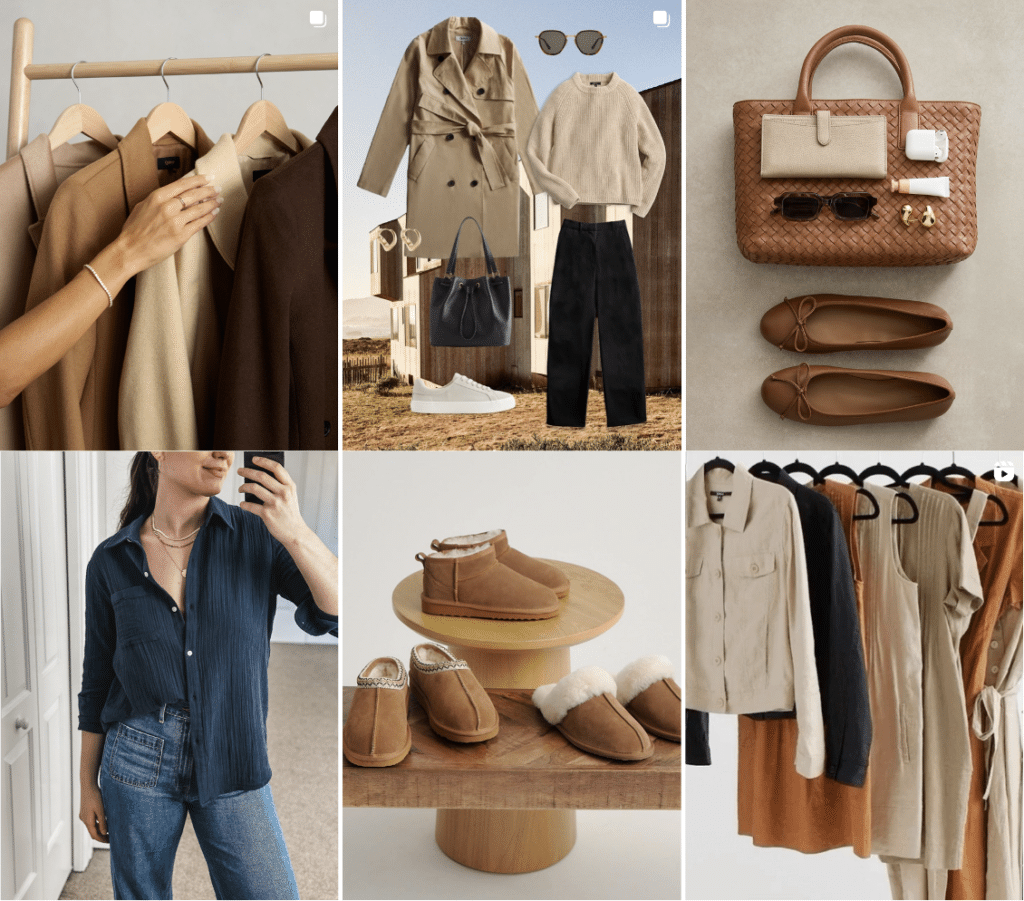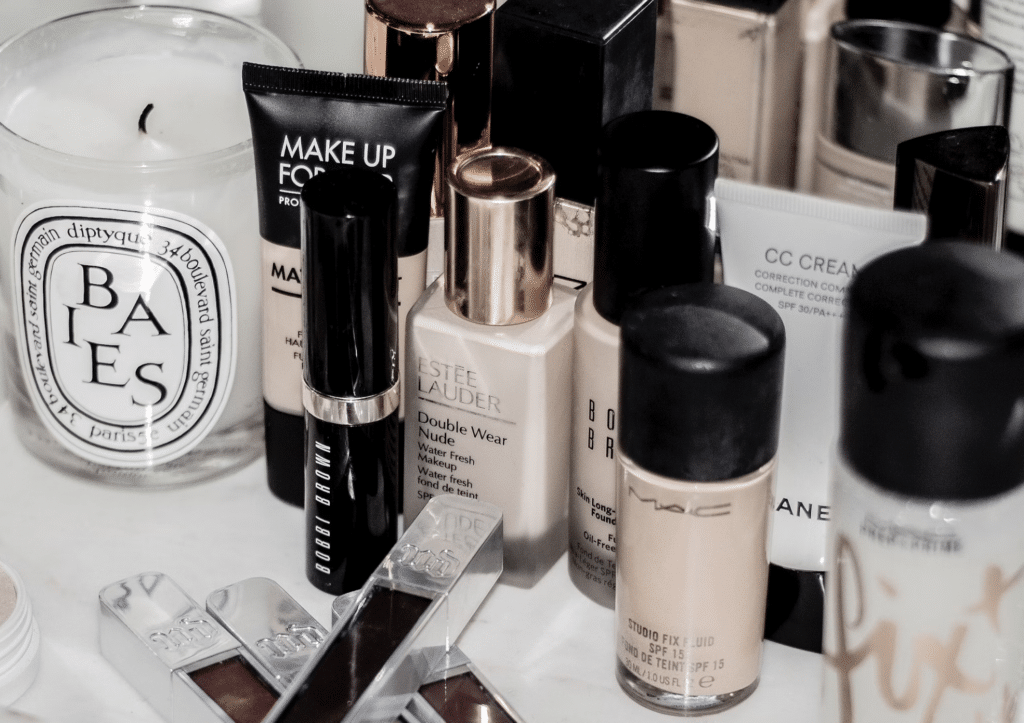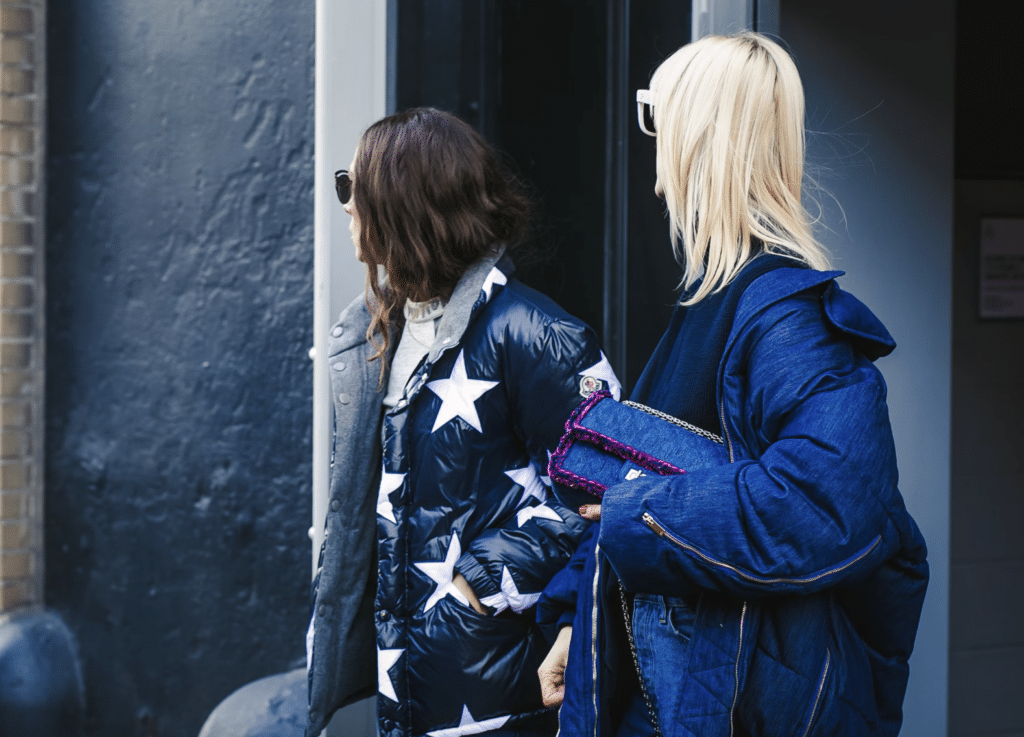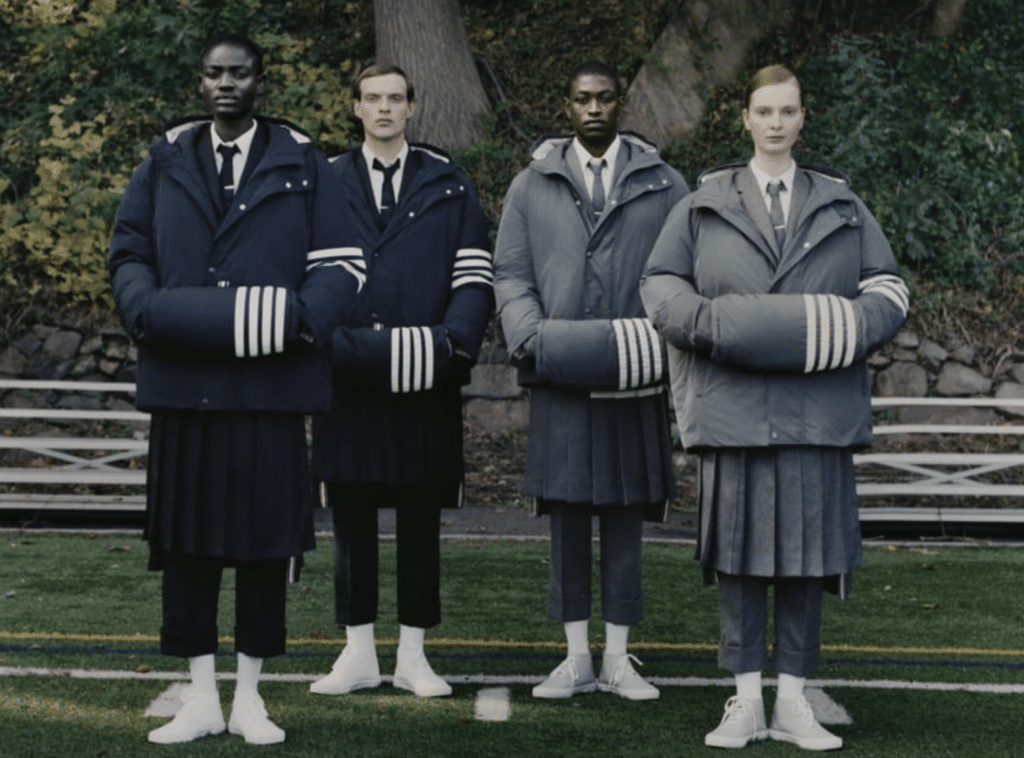An interesting lawsuit over dupes has been playing out in federal court in California – pitting UGG owner Deckers Outdoor Corp. against Quince, the fashion brand that has garnered a cult following – and raised $120 million in a recent Series C funding round – for its affordable takes on luxury wares. According to the motion for summary judgment that Last Brand, Inc., doing business as Quince, filed last month with the U.S. District Court for the Northern District of California, the “affordable luxury” company is looking to escape the trade dress infringement, patent infringement, and unfair competition claims that Deckers waged against it as a result of its sale of what Deckers characterizes as copycat footwear.
The Background in Brief: Deckers first filed suit against Quince in June 2023, alleging that Quince’s “Australian Shearling Mini Boots” unlawfully copied the trade dress and design patent (No. D927,161)-protected look and feel of its UGG Classic Ultra Mini boots. In particular, Deckers argued that the design of the popular UGG boot consists of distinctive, non-functional, and widely recognized features, which consumers have come to associate with the UGG brand thanks to extensive sales and celebrity endorsements.
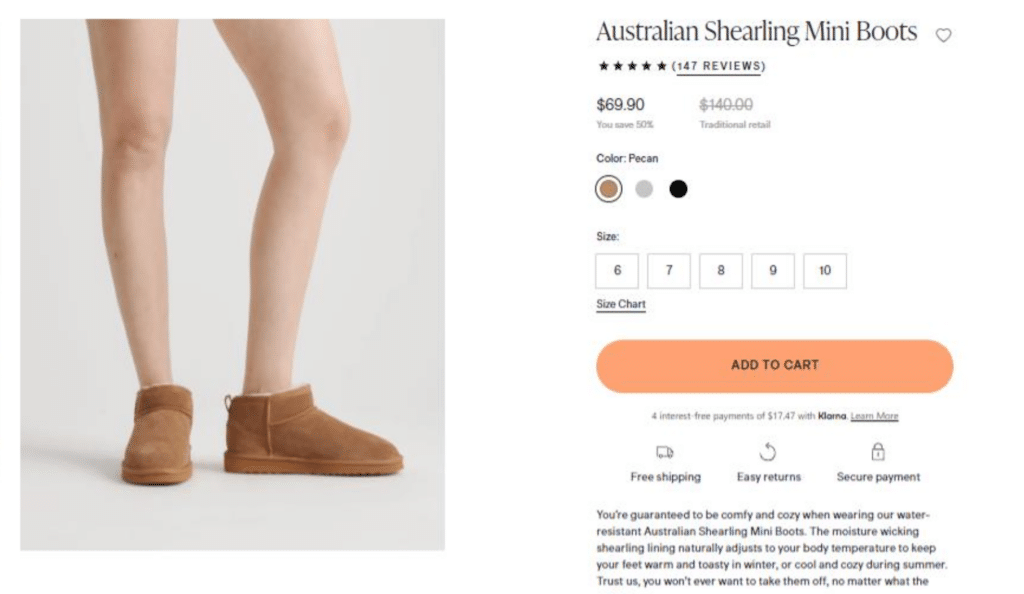
According to Deckers, Quince intentionally designed the allegedly infringing boot style – which it sold for $69.90 – to confuse consumers and leverage UGG’s established goodwill. In fact, Deckers claims that Quince goes so far as to include a “comparison of [its boots] and the UGG Classic Ultra Mini on [its] website listing for the accused product … knowing the objectively high likelihood that such actions constituted infringement.”
Deckers is seeking injunctive relief to bar future sales of the lookalike boot, monetary damages, and an order requiring Quince to recall and destroy any of the allegedly infringing products currently in its possession.
A Fight Over Dupes
Fast forward to March 10, and Quince is looking to sidestep Deckers’ claims ahead of trial. In a motion for partial summary judgment, Quince maintains that Deckers’ case is fundamentally flawed and should be largely dismissed. Primarily, Quince argues that Deckers’ demand for lost profits is speculative and unsupported. The company also asserts that Deckers has failed to prove a direct link between Quince’s sales and any alleged financial harm and has further failed to disclose this lost-profits theory for its patent claim during discovery – violating federal procedure rules.
Still yet, Quince also challenges the very foundation of Deckers’ trade dress and design patent claims. It argues that the trade dress Deckers seeks to protect – the look and feel of the UGG Classic Ultra Mini and Tasman boots – is generic, functional, and widely used in the footwear industry. According to Quince, these design elements, such as ankle-high suede construction and exposed stitching, are common features of sheepskin footwear and cannot serve as a proprietary signature of the UGG brand.
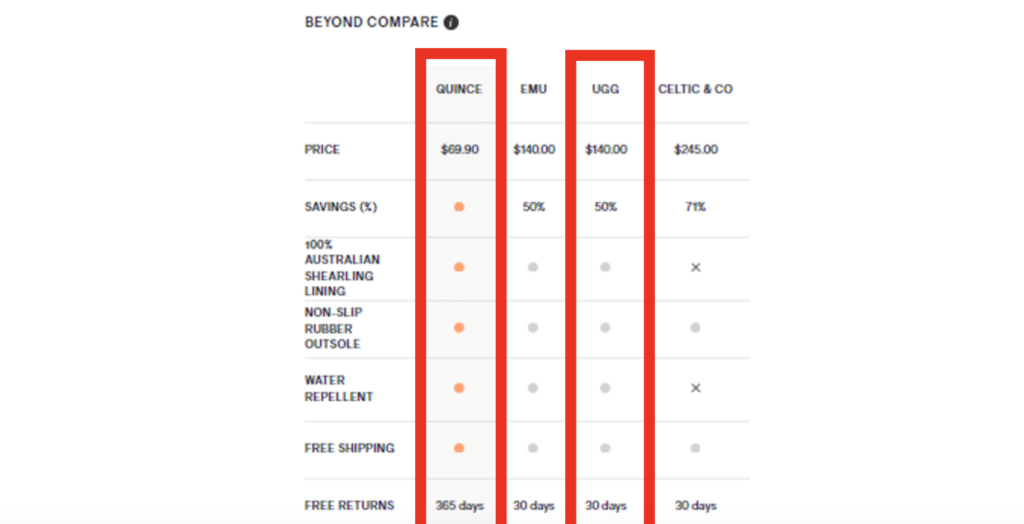
Finally, Quince contends that Deckers’ design patent is invalid because it protects features that are primarily functional and necessary for the construction of sheepskin boots, and there are also inconsistencies in its drawings, making the scope of protection unclear.
With the foregoing in mind, Quince is seeking to eliminate most of Deckers’ claims ahead of a trial, including all claims for lost profits, trade dress infringement, and patent infringement, asserting that what remains is a narrow issue over potential profits on a small number of products. Quince’s legal team contends this move could significantly streamline the case or even pave the way for an early resolution.
THE BIGGER PICTURE: The legal battle between Deckers and Quince reflects a broader tension in the fashion industry over “dupes” – affordable alternatives to high-end or more expensive products. While companies like Quince market themselves as offering “affordable luxury” by providing similar aesthetics at lower prices, brand owners argue that such lookalike products unfairly capitalize on years of brand-building, innovation, and consumer goodwill. As the popularity of dupes grows across social media and e-commerce, courts are increasingly being asked to decide where the line lies between lawful inspiration and unlawful imitation.
This case is also noteworthy, as it highlights the legal risks for brands that lean heavily into comparative advertising and similar design cues in tandem. For companies like Quince, the decision may shape the future of the dupe economy, while for brands like UGG, it represents a test of the how companies can effectively clamp down on dupes in a rapidly evolving marketplace.
The case is Deckers Outdoor Corp. v. Last Brand, Inc., 3:24-cv-00740 (N.D. Cal.).








